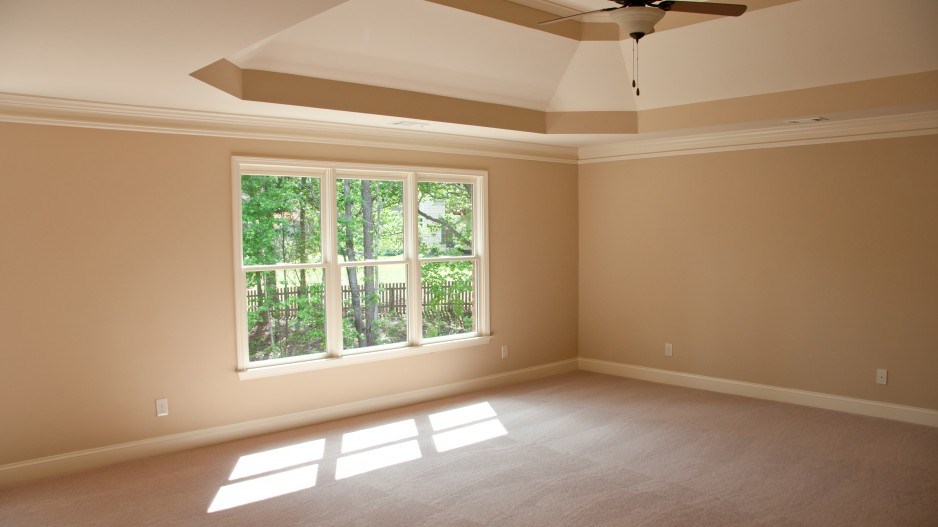Vancouver’s long discussed tax on empty homes is inching closer to reality.
Vancouver Mayor Gregor Robertson held a September 14 press conference to discuss the tax, which Vancouver city council is expected to discuss and enact next week.
The tax would be on empty and “underutilized” homes and be in place by the end of the year.
The tax rate is yet to be determined although staff earlier this year proposed a rate between 0.5% and 2% of assessed property value per year.
The proposed tax targets about 10,800 empty Vancouver homes that are known to the city and is intended to act as an incentive for owners to rent out their secondary and investment properties.
City staff estimate that if the tax is collected on 5% of those homes, it could raise $2 million in annual revenue, which Robertson wants to invest in affordable housing initiatives.
The city’s rental vacancy rate has been hovering slightly above zero.
“Some people who can afford [the tax] and don’t want to rent out their homes, they’re going to make a generous contribution toward affordable housing in the city,” Robertson said at the press conference.
He was joined by Kathleen Llewellyn-Thomas, who is the city’s general manager of community services.
When asked whether somebody who is using his or her Vancouver home for just one month a year would be exempt, Llewellyn-Thomas was unable to give a clear answer. She said only that the city would hope the property would be rented out as much as possible.
The city will administer the tax by using what it calls “self-declaration, audit and complaint response.”
Principal residences – either by owner, licensee (such as a family member), or tenanted– generally will not be subject to the tax.
Owners will be required to declare their principal residence or tenancy, similar to declaring the home owner grant.
If audited, owners will have to prove that the home was a principal residence for the owner, a tenant or a licensee, by using either a B.C. driver’s licence, BCID, a completed home owner grant, a tenancy agreement or similar documentation.
If the owner is unable to prove the home was a principal residence for a minimum number of days in the previous year the tax will apply.
Exactly how city staff will make that determination is expected to be determined through consultation this fall.
Part of the consultation process will focus on working out more complex exemption scenarios, such as those in which homes are left empty year-round for a valid reason and therefore should be exempt from the tax. This could be because the home is awaiting development permits or is in probate, or the owner is in care, for example. The mayor’s office expects that a wider range of scenarios will emerge from the consultation.
If home owners do not declare a reason for their empty home, legislation allows for owners to automatically be charged the empty homes tax.
With files from Joannah Connolly / REW.ca




